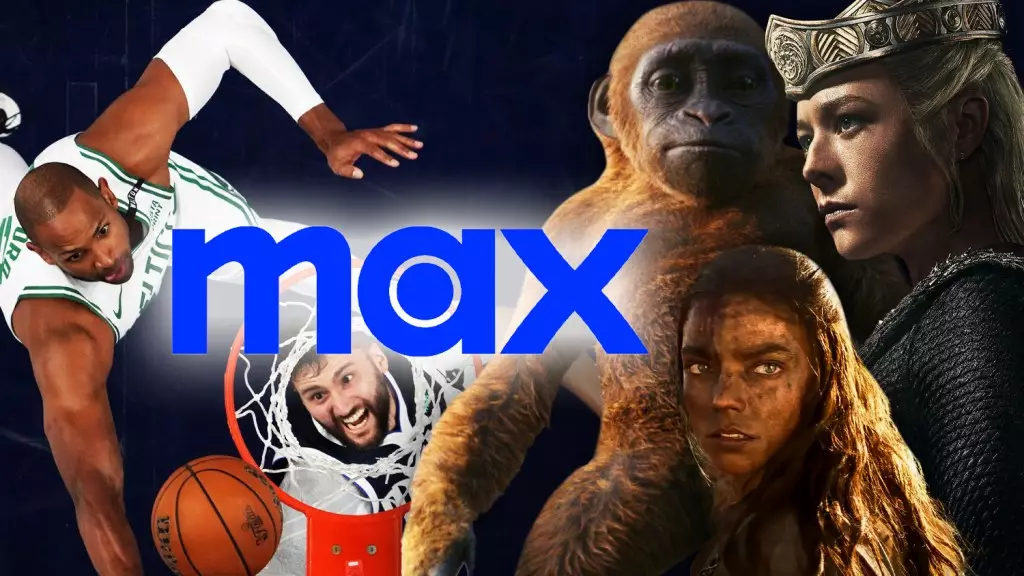Warner Bros. Discovery recently announced a significant non-cash impairment charge of $9.1 billion at its networks division, prompting speculation about the future of the company’s linear television business. This drastic write-down was aimed at aligning the book value of their assets with the current market conditions, which have been heavily impacted by a decline in advertising revenue and uncertainty surrounding sports rights renewals.
The Loss of NBA Rights
One of the key factors contributing to the massive impairment charge was the loss of a lucrative basketball package to Amazon. Warner Bros. Discovery, under the leadership of David Zaslav, had matching rights for the NBA games but is currently in a legal battle with the NBA to regain those rights. This loss has been described as a major setback for the company, further complicating their financial outlook and causing concern among investors.
Reasons for Impairment
The company cited a variety of reasons for the impairment, including the difference between market capitalization and book value, ongoing softness in the U.S. linear advertising market, and uncertainty related to affiliate and sports rights renewals. In addition to the $9.1 billion impairment charge, Warner Bros. Discovery also reported $2.1 billion in pre-tax acquisition-related amortization of intangibles, content fair value step-up, and restructuring expenses, highlighting the complex financial challenges they are currently facing.
Following the announcement of the impairment charge, Warner Bros. Discovery’s stock price has plummeted by approximately 70% since the merger with investors expressing dissatisfaction with the company’s financial performance. There have been calls for drastic actions such as breaking up the company or selling off assets to improve shareholder value. The company’s stock reacted negatively to the news, dropping by 6.5% after the announcement of the impairment charge.
On a more positive note, Warner Bros. Discovery reported a significant increase in streaming ad revenue and subscribers, with HBO Max experiencing a surge in popularity following the introduction of an ad-light tier. The streaming service ended June with over 103 million subscribers, adding 3.6 million new users during the quarter. Despite the overall growth in streaming revenue, total direct-to-consumer sales fell by 6% while losses widened to $107 million, reflecting the challenges facing the company’s traditional media businesses.
The company’s studios faced tough comparisons due to the success of previous releases, resulting in a 24% decline in studio profits. Networks revenue and profit also fell by 8%, primarily driven by a decrease in domestic linear pay-TV subscribers and advertising revenue. The overall revenue of Warner Bros. Discovery declined by 6% to $9.7 billion, underscoring the significant challenges facing the company as it navigates the evolving media landscape.
Warner Bros. Discovery’s decision to take a $9.1 billion impairment charge at its networks division reflects the challenging environment facing traditional media companies. The loss of NBA rights, combined with declining advertising revenue and subscriber numbers, has put pressure on the company’s financial performance. Despite the success of their streaming services, Warner Bros. Discovery will need to navigate these challenges carefully to restore investor confidence and ensure long-term sustainability.

Leave a Reply